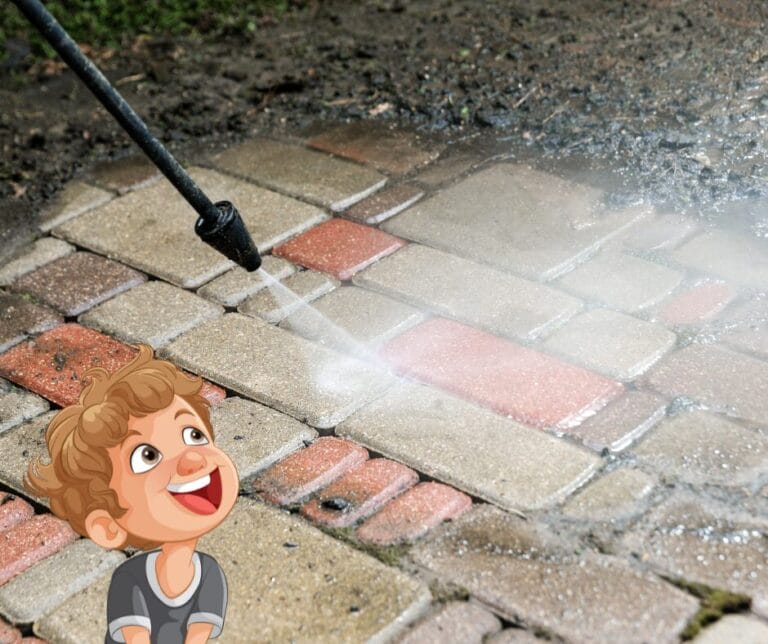When it comes to maintaining the aesthetic and structural integrity of your home’s exterior, choosing the right cleaning method for your patio and driveway is essential. With various techniques available, it’s important to select one that not only effectively removes dirt, grime, and stains but also preserves the quality of the materials. This article will look into some of the most popular cleaning methods, including pressure washing and chemical cleaning, to help you decide the best approach for your outdoor spaces.
Pressure Washing: A Powerful Clean for Resilient Materials
Pressure washing is a highly efficient method that uses high-pressure water jets to remove dirt, moss, algae, and other stubborn residues from hard surfaces. This method is particularly suitable for patios and driveways made of concrete, brick, pavers, and other durable materials. The intense pressure can penetrate deep into the crevices and textures of these surfaces, ensuring a thorough clean.
However, it’s important to use pressure washing with caution. The powerful stream of water can damage softer materials like sandstone or limestone if not adjusted correctly. For homeowners with these types of surfaces, opting for a lower-pressure setting or considering alternative cleaning methods is advisable.
Chemical Cleaning: Targeted Treatment for Stubborn Stains
Chemical cleaners involve the application of specialised solutions made to to break down tough stains such as oil, grease, and biological growth. These chemicals can be very effective on various surface materials, including those that might be too delicate for high-pressure treatments.
When using chemical cleaners, choosing the right type of chemical is crucial based on the material of your patio or driveway and the specific nature of the stains. For instance, acidic-based cleaners are great for tackling rust and mineral deposits on concrete, whereas alkaline-based cleaners are better suited for removing oil and grease. Always ensure that the chemicals are eco-friendly and suitable for outdoor use to prevent harm to your garden and the local environment.
Soft Washing: Gentle Yet Effective
Soft washing is another technique that combines low-pressure water spray with specialised cleaning solutions. This method is ideal for materials that may be damaged easily by high pressure, such as sandstone, limestone, and some types of tiling. Soft washing cleans surfaces gently and kills algae, fungi, and viruses, making it a great option for families looking to maintain a clean and healthy outdoor environment.
Brushing and Manual Removal: The Eco-Friendly Choice
Manual brushing and scraping may be the way to go for those who prefer a more hands-on approach. This method involves using brushes and scrapers to physically remove dirt, moss, and debris from the patio and driveway. While labour-intensive, it is completely eco-friendly and allows precise control over the cleaning process. This technique is best suited for light cleaning, and you can use it as a regular maintenance method for more intensive cleanings.
Choosing the Right Method for Your Home
The choice of cleaning method can depend greatly on the type of material your patio and driveway are composed of and the kinds of stains you are dealing with. For general maintenance, pressure washing might be the most efficient method, especially for hard-wearing surfaces. Soft washing or manual cleaning may be preferable for eco-conscious homeowners or those with delicate materials.
Additionally, consider the local climate and the amount of traffic your outdoor areas receive. These factors can influence the frequency and type of cleaning needed to keep your spaces looking their best.
Ultimately, a well-maintained patio and driveway not only enhance the curb appeal of your home but also extend the lifespan of the materials. Regular cleaning, using the appropriate method, can prevent the build-up of harmful residues that can lead to deterioration over time.
Whether you choose pressure washing for its efficiency or prefer the gentle touch of soft washing, each method has its advantages. By understanding and knowing the specific needs of your outdoor surfaces, you can keep your patio and driveway pristine and welcoming, ready to impress any visitor or passerby.
FAQs on patio and driveway cleaning can help homeowners better understand the process and choose the most suitable cleaning method.
1. What is the most effective cleaning method for removing oil stains from my driveway?
The most effective method for tackling oil stains is chemical cleaning. Alkaline-based cleaners are particularly good at breaking down oil and grease. These cleaners penetrate the stain and lift it from the surface, making it easier to wash away. For best results, apply the cleaner according to the manufacturer’s instructions, let it sit to break down the grease, and then rinse thoroughly with water.
2. Can pressure washing damage my patio or driveway?
Yes, pressure washing can potentially damage certain types of materials if not done correctly. High-pressure water can erode softer surfaces like sandstone or limestone and cause pitting in concrete if the pressure is too high. It is important to use an appropriate pressure setting for the material you are cleaning. For delicate surfaces, consider using a lower pressure setting or alternative methods like soft washing to avoid damage.
3. How often should I clean my patio and driveway?
The frequency of cleaning depends on several factors, including the type of material, the amount of foot and vehicle traffic, and your local environment (such as exposure to trees, road dirt, and weather conditions). Generally, it’s a good idea to perform a thorough cleaning once or twice a year to maintain appearance and longevity. However, more frequent cleaning might be necessary if your outdoor areas get heavy staining or frequent use.
4. Are there eco-friendly cleaning options for patios and driveways?
Yes, there are several eco-friendly options available for cleaning patios and driveways. Soft washing with eco-friendly, biodegradable cleaning solutions is a great option that effectively cleans while being gentle on the environment. Manual brushing with plain water or a simple soap solution can also be effective for lighter cleaning tasks without harsh chemicals. Always look for cleaners that specify they are non-toxic and safe for use around plants and animals.
 Written by Tracey Gilbey, Marketing and Admin Coordinator at Art of Clean.
Written by Tracey Gilbey, Marketing and Admin Coordinator at Art of Clean.
Pease do not hesitate to contact us for advice or information on our carpet and soft furnishing care. You can contact us at: Art of Clean team at 01223 901551 in Cambridge. Our services include Carpet Cleaning, Upholstery Cleaning, oriental and area Rug Cleaning. It also includes Curtain Cleaning, Patio, and Driveway Pressure washing, Leather Cleaning, Stone and Tile Floor Cleaning, and Wood Floor Sanding and Restoration. We also supply new flooring and carpets through our sister company Art of Flooring. Farthings Cambridge provides our Dry-Cleaning service


